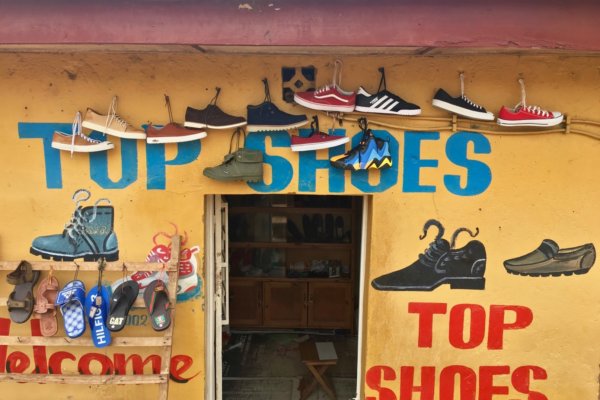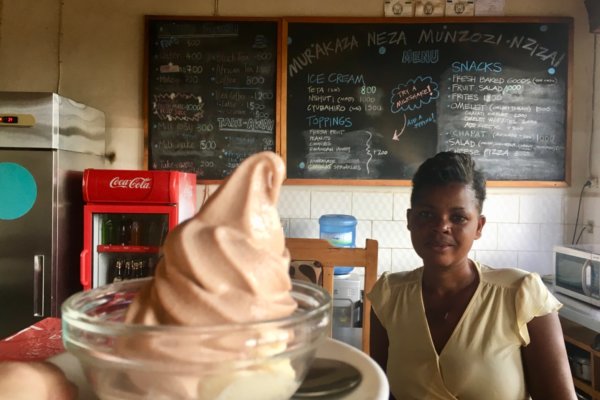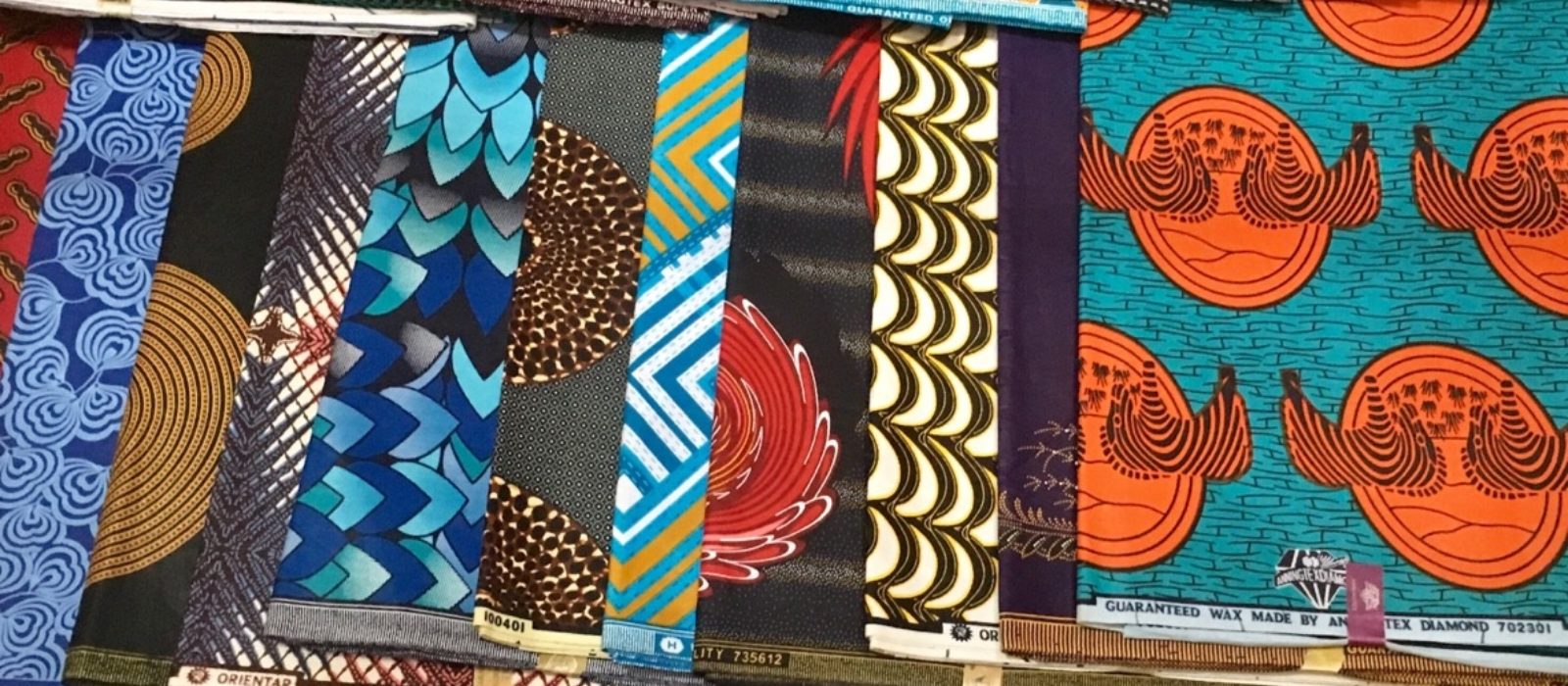
Rwanda,
2 weeks
- 1 week
- 2 weeks
About Rwanda
The ‘Land of a thousand hills’ maybe associated with the Rwandan Genocide in 1994, but it’s a surprisingly peaceful country of friendly people who are very optimistic about their country's future. If you are into mountain gorilla’s, beautiful lush green rural scenary, volcanoes, rolling hills and valleys combined with lakes and beaches - this is the place to go.
Practical information
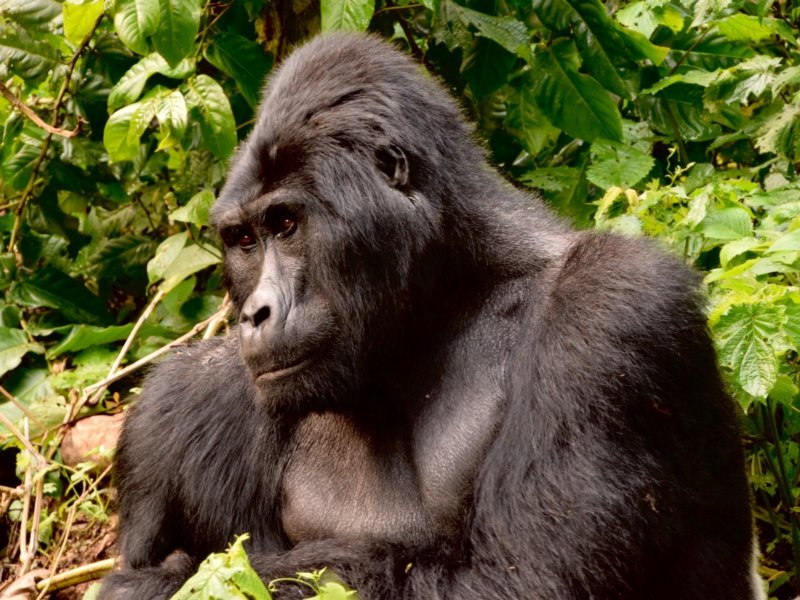
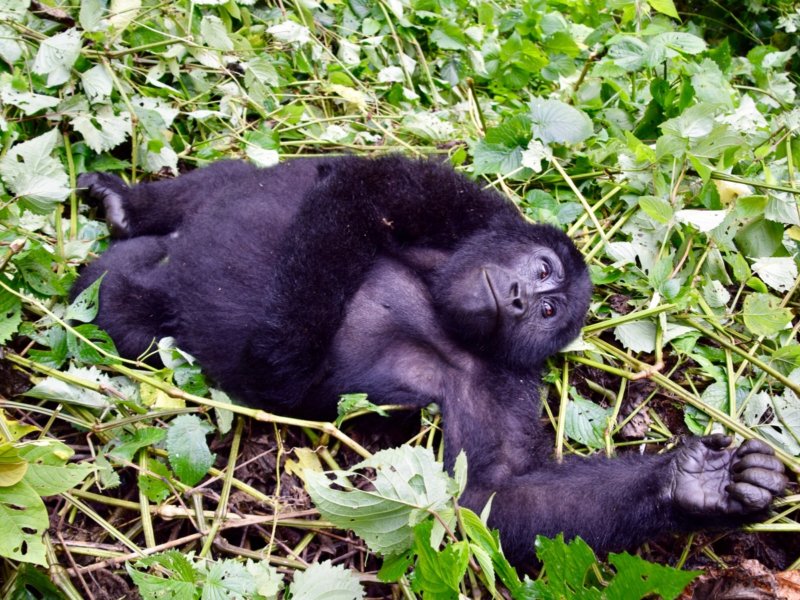
Staring face to face with the mountain gorillas
There is nothing like this. They get up really close and being part of their family for one hour is sooo special. I was a bit sceptical about gorillas being 98.7% human. But I totally turned around, I noticed facial expressions and behavioral patterns familiar to friend...and myself! Our closest living relatives are still wild animals so you need to be careful at all times but the guards look out for you. It is a very expensive visit at 1500 USD (2018), but worth it.
Tip!
See them in Bwindi National Park, Uganda instead. Same experience, but a lot cheaper (600 USD, 2018).
See detail page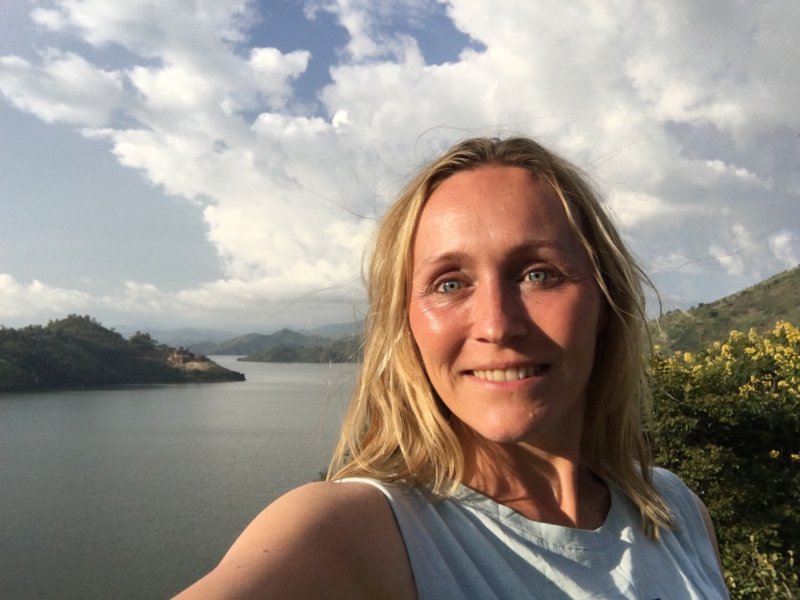
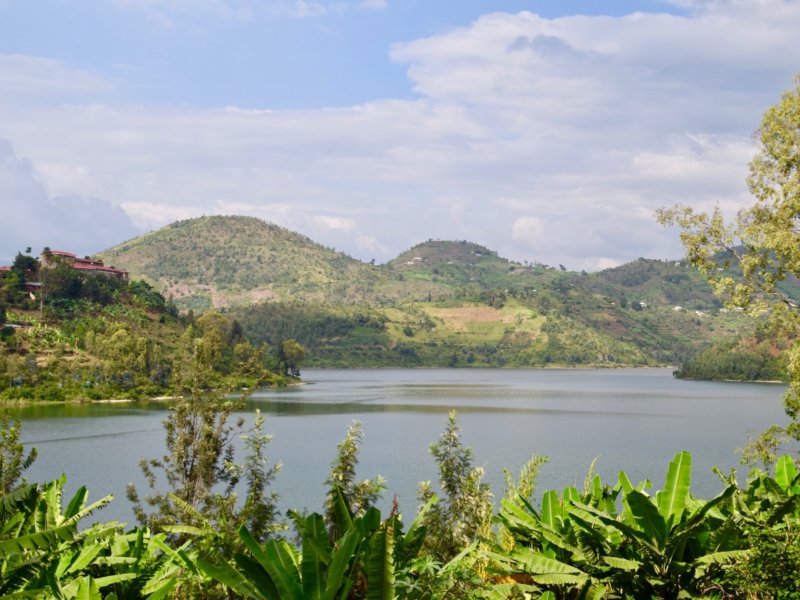
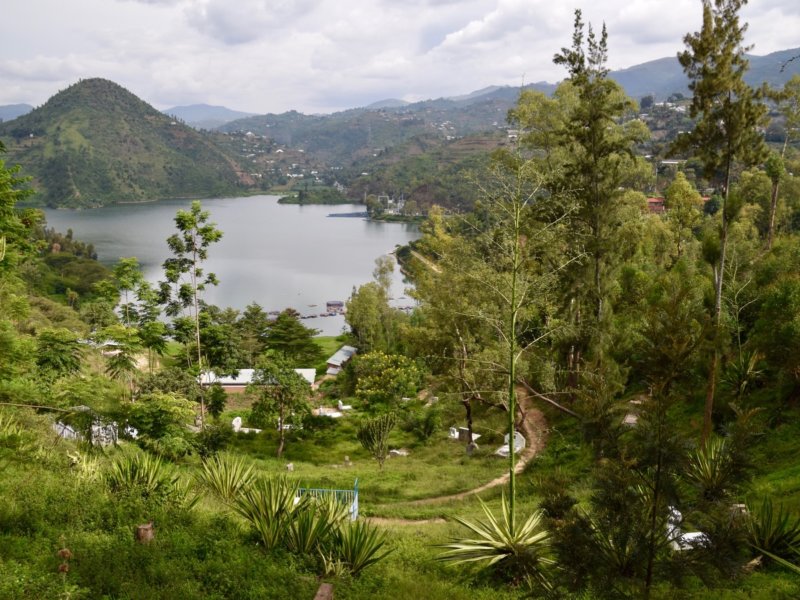
Fall in love with Lake Kivu in Kibuye
At Kibuye Rwanda stops being the Land of a Thousand Hills and becomes the Land of a Thousand Islands. Dotted throughout the lake are numerous small islands, little hills in their own right, which make for stunning views over the lake. Kibuye is a quiet and laid back place. It’s a place to relax, read a book and have a swim. A must is a hike along the lake: Kibuye has awesome views as the surrounding hills are interwoven with the lagoon like arms of the lake. When you hike the peninsula north of the bus station (along Home St Jean, Museum of Environment, Bethany hotel, hospital) make sure you visit the St. Pierre Church where a simple memorial remembers the 11.000 Tutsu’s, who took refuge in the church were massacred.
Tip!
Home St Jean (guesthouse and restaurant) is perched high above Lake Kivu with the town’s best views.
See detail page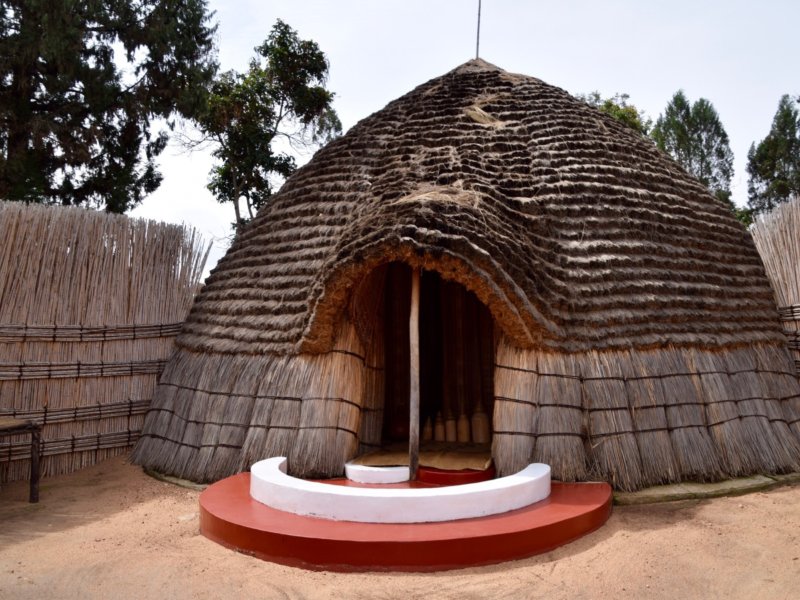
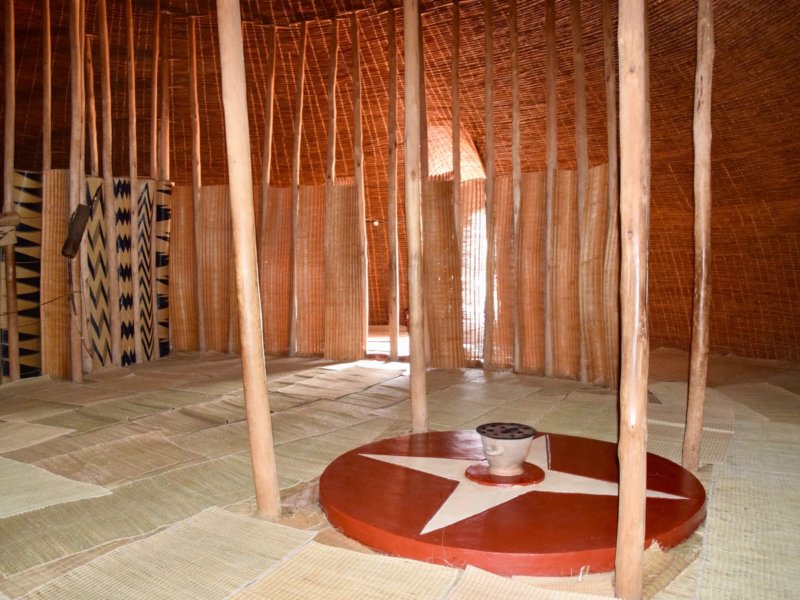
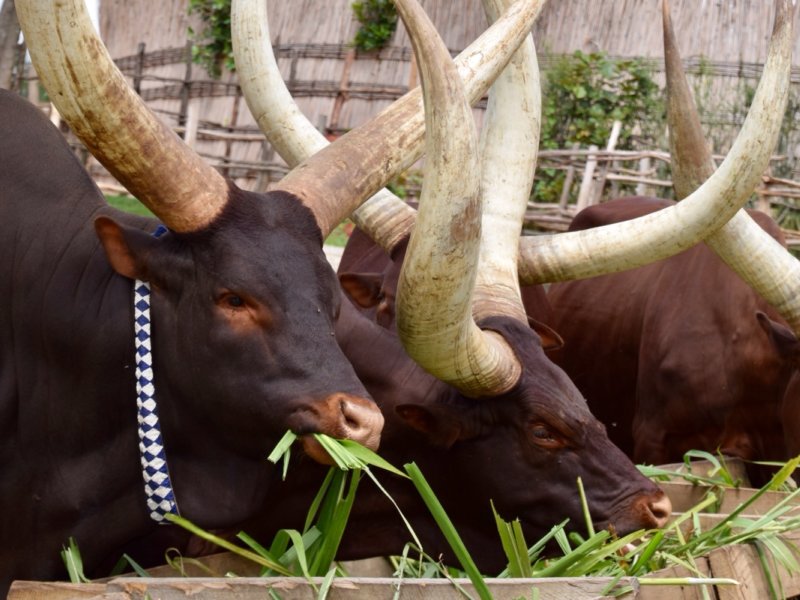
Feel like a king at the King’s Palace Museum
The most recent King in Rwanda ruled in the 1950s and his palace has been converted into a museum. Next door to the museum is the -more interesting- last palace of Mwami. The traditional palace is surrounded by multiple, smaller huts that housed goods like milk, banana beer (!), and family members. Rwandan kings were allowed to have many wives at their various palaces throughout the kingdom. Oddly, the King's mother determined which of his wives would stay in his hut each evening ;) Just behind the huts are the long horned cows that were traditionally associated by the Rwandan monarchy.
Tip!
The National Art Gallery is just around the corner!
See detail page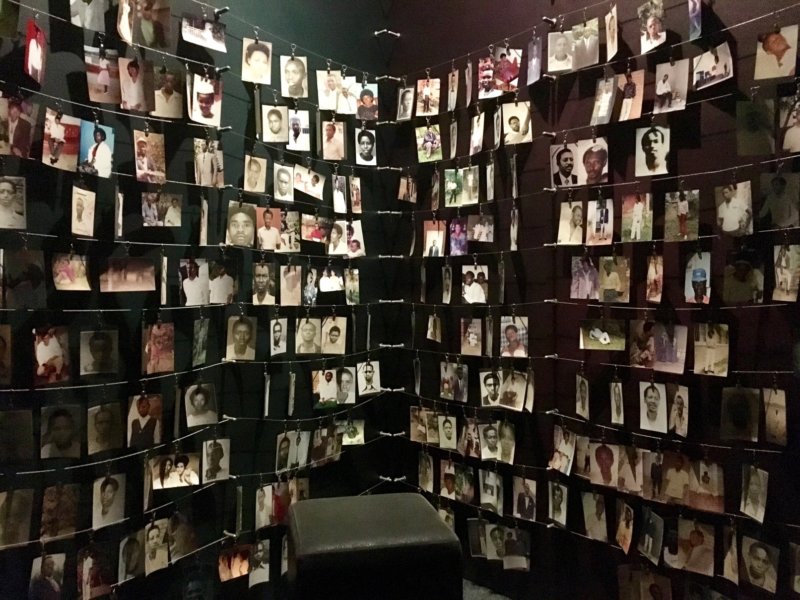
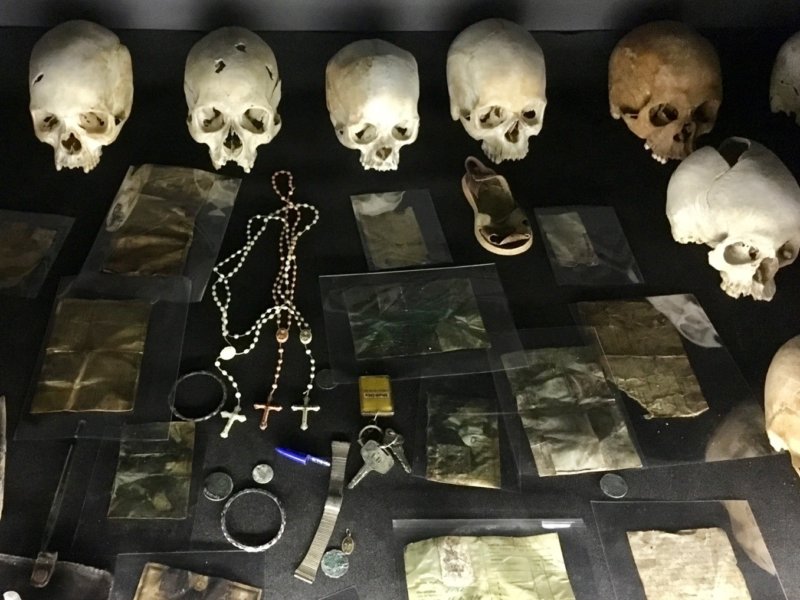
Understand Rwanda’s past & present at Kigali Genocide Memorial Centre
When you think about Rwanda, the first thing that comes to mind is the genocide against the Tutsis. A visit to the Genocide Memorial Centre is a must-do to begin to understanding a country that’s been through so much.
I teared up during my visit. In a span of 100 days nearly one million Tutsis were butchered by the army and civilians. The world stood by and let the blood bath happen. I saw horrible pictures of hundreds of bodies in a church where Tutsis thought they were safe. Pictures of children with prints of machetes in their heads. How can someone murder a neighbour or a friend? And how can people ever trust each other again?
Rwanda has done a remarkable job of reconciliation. Community councels tried the fair part of the perpetrators and everyone must take part in community service for three hours once a month. Incredibly, Tutsis and Hutus, survivors and former killers, now live side by side.
See detail page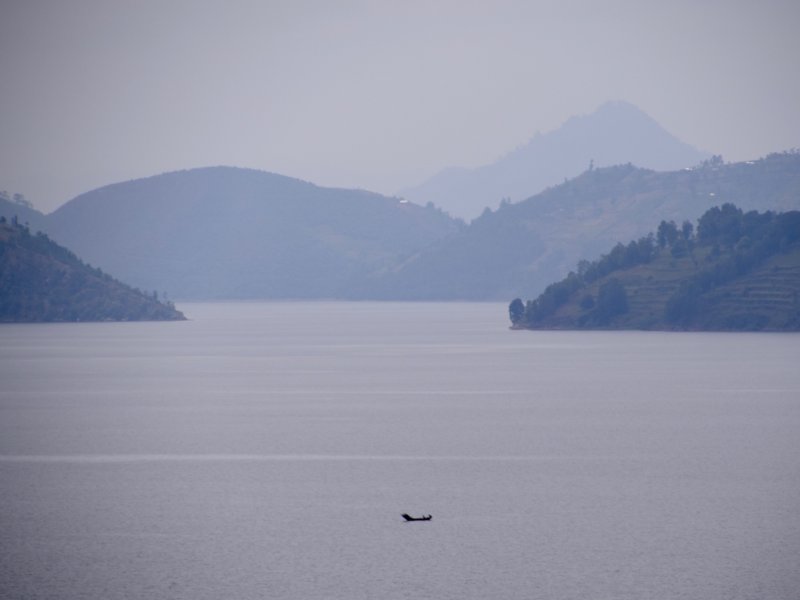
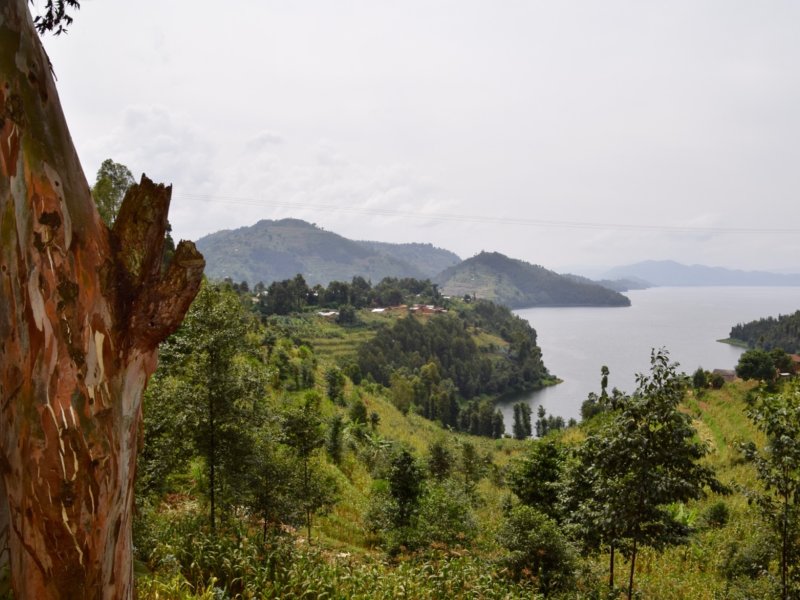
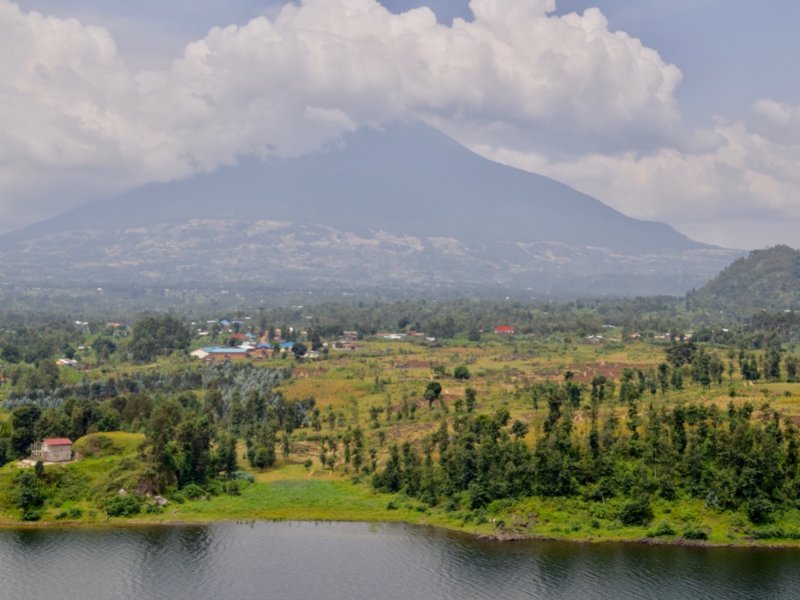
Hike along beautiful Lake Burera
Lake Burera is one of the most neglected lakes of Rwanda. When I learned about that, I thought it was the best reason for exploring! And it was awesome: the lake is beautiful, the stunning inlets, surrounded by steep hills and with a backdrop of the Virunga volcanic mountains make it a wonderful D-tour.
Tip!
Hop on a local bus from Musanze, let it drop you off somewhere along the lake and walk back to the main road.
See detail page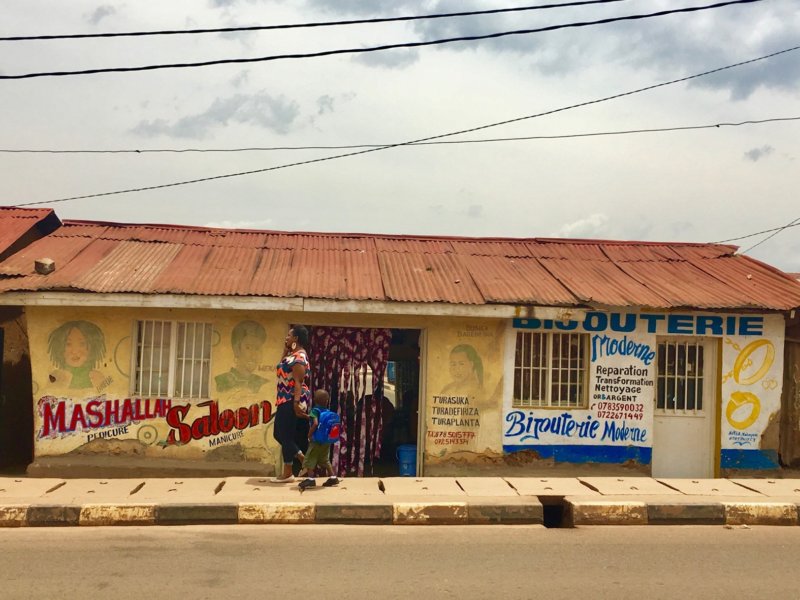
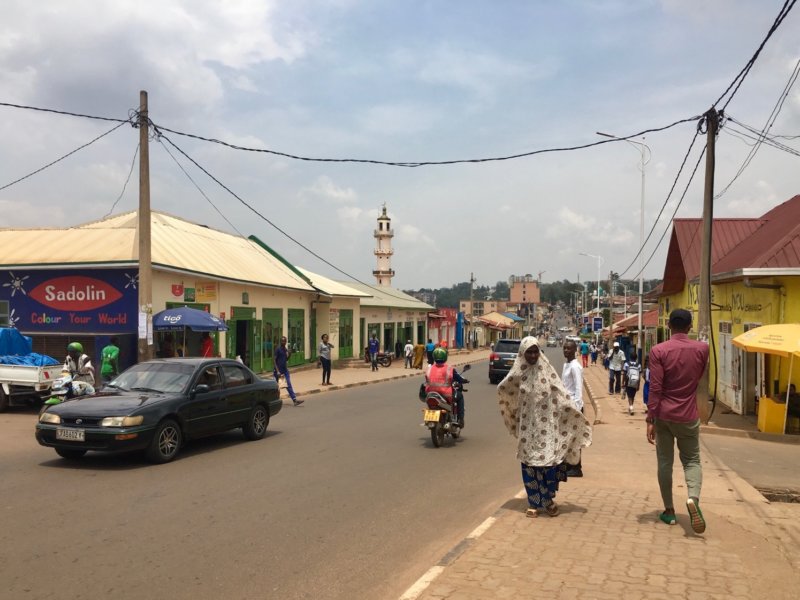
Experience lively neighbourhood of Nyamirambo
Kigali is often described as boring and calm and most parts of the city are. Yet, the oldest part of Kigali is not. In the multi-cultural neighbourhood of Nyamirambo you'll experience a history and a vibe difficult to find anywhere else. Home to a mixed population, including much of the city’s working class and Muslim population, as well as bars, boutiques and hair salons, the area is an interesting melting pot of cultures.
Tip!
Start at Masjid Al-Fatah (Green mosque) and make your way into Nyamirambo.
See detail page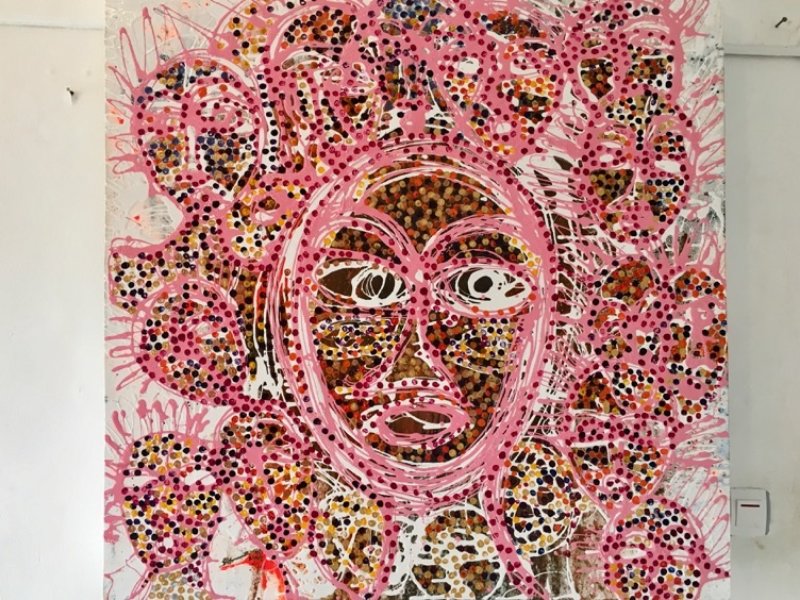
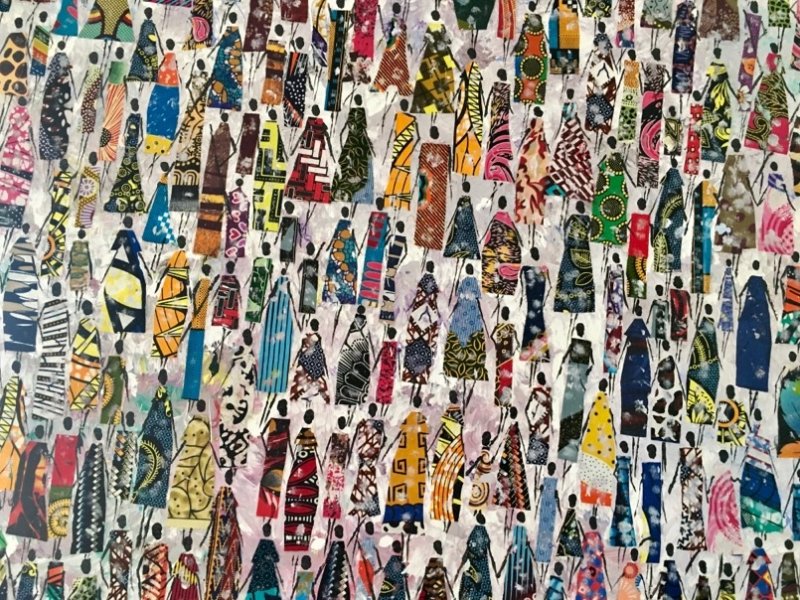
Discover African contemporary art at Inema Gallery
The Inema Gallery hosts a permanent show for ten artists in residence, and shows paintings, mixed media and sculptures. It gives you a good impression of contemporary African art and where it stands. As the artist are on the spot, you have the opportunity to see them painting and producing live. The place therefor has an artsy, non-instututional vibe. All the art work is for sale, prices are excorbitantly high though.
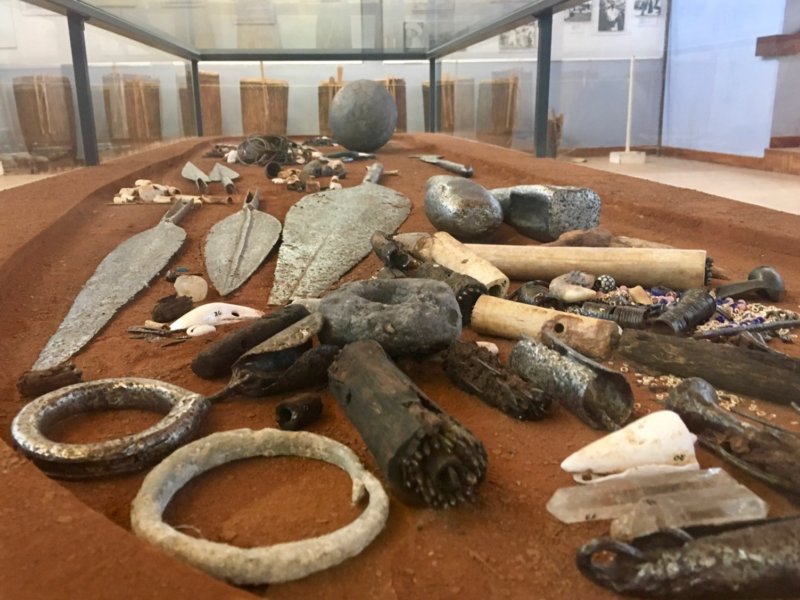
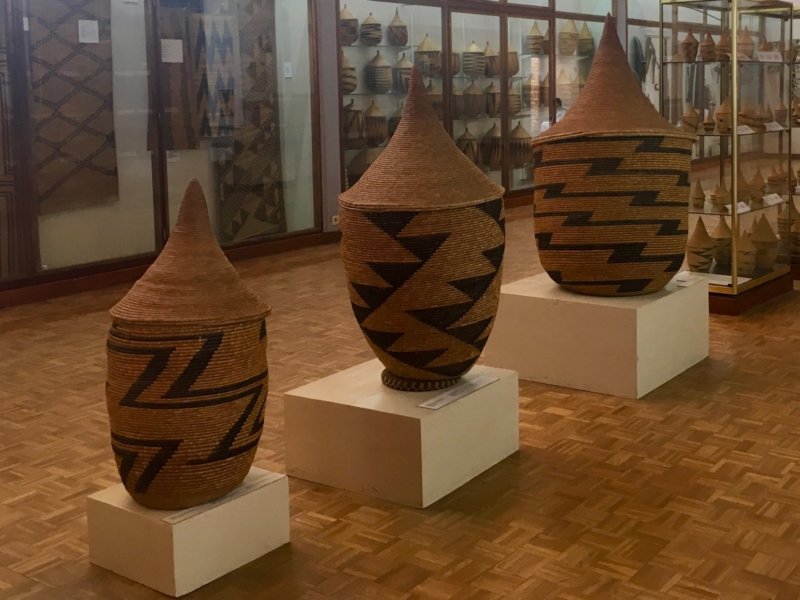
Learn about basketry, farming and music at the Etnographic Museum
Rwanda’s first museum covers an impressive array of topics on almost anything about Rwanda you can imagine: banana beer (!), basketry, geology, cosmology, farming, cattle, music, dance, poetry, history, tools, and transport are all profiled here, and there’s a good gift shop for baskets on site as well. If you see one museum in Rwanda, this should be it. Do not expect the exibition to be of Western standards though ;)
See detail page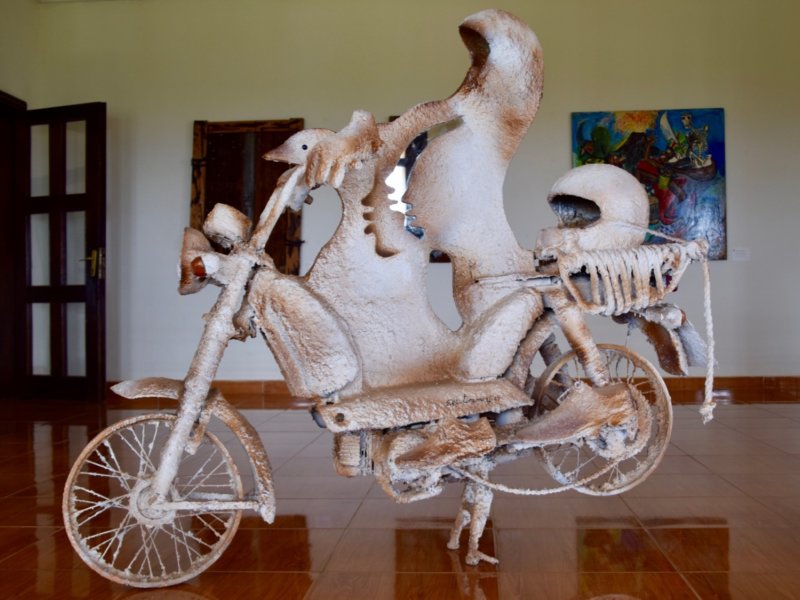
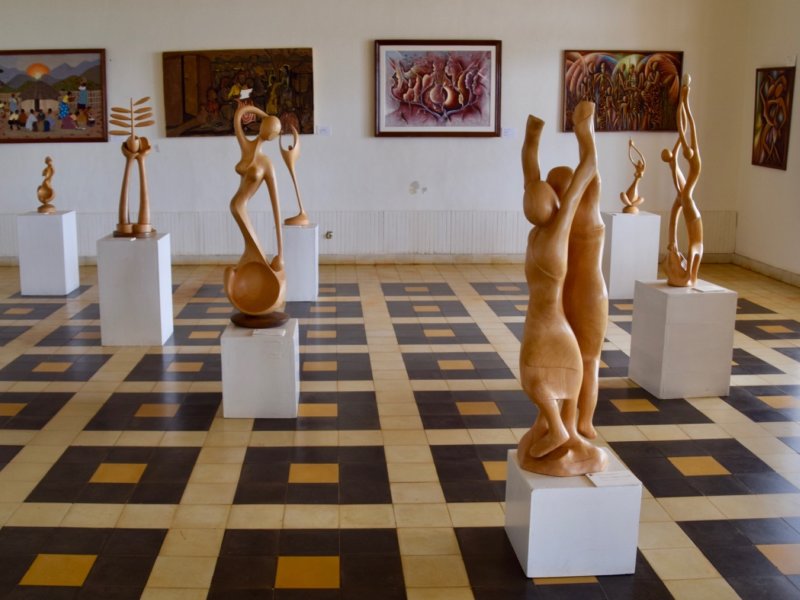
National Art Gallery
Set in a wide colonial building atop the gorgeous Rwesero Hill, the National Art Gallery was a surprise to me —it’s not very often you find such a cultivated selection of artwork on a lovely green hilltop out in the countryside! It showcases both traditional and contemporary Rwandan artists, and some of the art is really impressive. The collection is quite small, you can see it all in 30 minutes.
Tip!
Make a day trip out if it by combining the gallery with the King’s Palace Museum.
See detail page
If I could re-do it ...
Combine Rwanda with Uganda
I am a big fan of Uganda. Different landscapes, great national parks, good street food and the friendliest people. A combi would be perfect!
Make sure you don't miss ...
1. These amazing murals and signs!
2. The best home made ice cream in Rwanda at Inzozi Nziza, NR1 road (between the University and town centre), Butare
